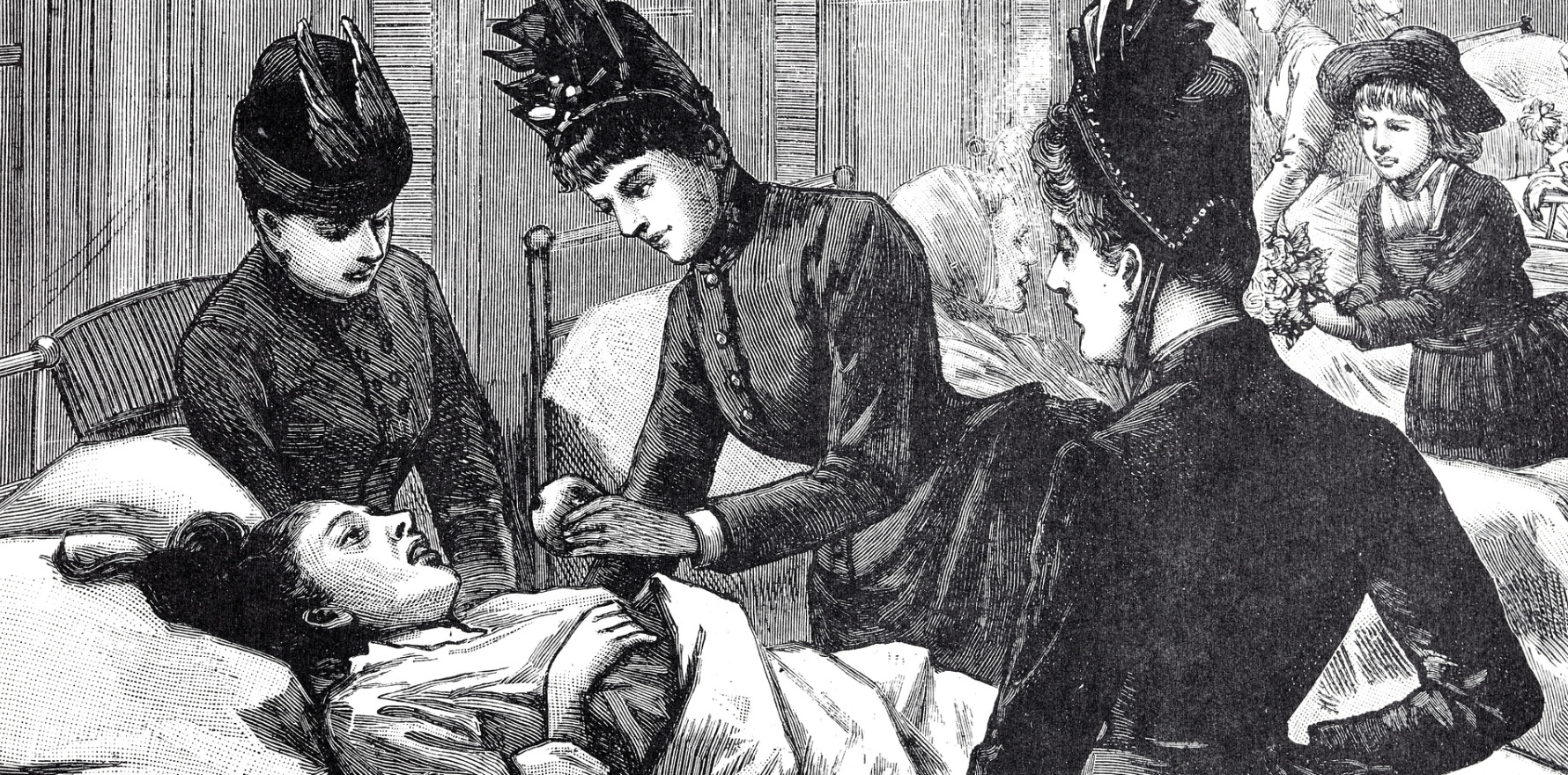Trying to manoeuvre CPD into the relevant categories feels deeply frustrating and pointless. And how does it make me a better GP?
Recently, I had the privilege of caring for an elderly lady and her lovely family as she reached the end of her life in her own home.
She was able to have the peaceful and dignified death she wanted, and I was pleased to be able to support her family.
During the funeral, I thought about what I’d learned in caring for this wise and much-loved woman. An audit, if you like.
As any GP will tell you, there is enormous resentment around the Medical Board’s decision to require learning through audit. I calculated some time ago that I survived over 600 exams, four years of intense supervision, decades of peer learning and thousands of patient interactions, with patients who were well aware of their rights to complain if my performance wasn’t “up to scratch”. I have also spent decades as a medical educator, so I think I’m within my rights to say that I know how I best learn.
However, according to the Medical Board, we doctors don’t know what learning is best for us, or what’s best for our patients.
While all other health professions apparently retain their capacity to plan their own CPD using adult learning principles, we are expected to undertake particular types of learning for a set number of hours, including dedicating time “monitoring outcomes” using audits.
The Board is not particularly clear what constitutes an “audit”, but their suggested ways of meeting this outcome seem to emphasise counting and measuring things.
I’ve always had a problem with the privileging of quantitative data, particularly in general practice. In common conditions with procedural interventions, quantitative monitoring makes sense. Undoubtedly Dr Anne Tonkin, the chair of the medical board is reflecting on her own discipline of clinical pharmacology when she commented on quantitative audits in a recent interview.
“What we’re asking people to do is to review their performance and monitor their outcomes” she said. “A lot of doctors are doing that anyway because they want to know that their performance is up to scratch. Looking at the data and measuring what happens in your practice is a really good way to do that.”
In clinical pharmacology it probably is. There are multiple outcomes to measure and graph, there are clear targets to meet and there is even a plethora of staff in a hospital and specialist clinic to extract it for you.
We GPs are not so lucky. Those of us with long-term complex patients are even less lucky. Those on maternity leave or sick leave are particularly unlucky, and none of us have the research infrastructure, educational leave or subsidised IT infrastructure to make the job any easier.
And what does “up to scratch” even look like?
Every day, I question my management. I look things up. I discuss clinical dilemmas with colleagues, and I’m acutely aware when I fail to solve a problem, or to manage patients effectively. I read the letters of the specialists I refer to, and I learn from them. But I resent the pointless labour of writing it all down.
I have always done more CPD than I am required to, but trying to manoeuvre it into the relevant categories feels deeply frustrating and pointless. I just can’t see how it makes me a better GP, and what’s more, I can’t see that it will reassure the public to know my learning has been formatted in a certain way.
Personally, I just want to know my doctor is learning what they need to learn.
Related
The Board has given considerable evidence justifying the move to compulsory forms of CPD, but few papers are set in primary care, and even fewer involve doctors doing work in the medical chaos that characterises contemporary general practice.
So I decided to see how I could meet the requirements of the “monitoring outcomes” CPD using other forms of audit, in a way I actually found useful. Hence my comments about the funeral.
What better way to understand what has been valued in your care than listening to the family at a wake? And what better stimulus for reflection than a life well lived and a good and dignified death.
We’ll see whether my CPD Home accepts the note of thanks in the funeral order of service as evidence of acceptable learning.
Associate Professor Louise Stone is a working GP who researches the social foundations of medicine in the ANU Medical School. She tweets @GPswampwarrior.





